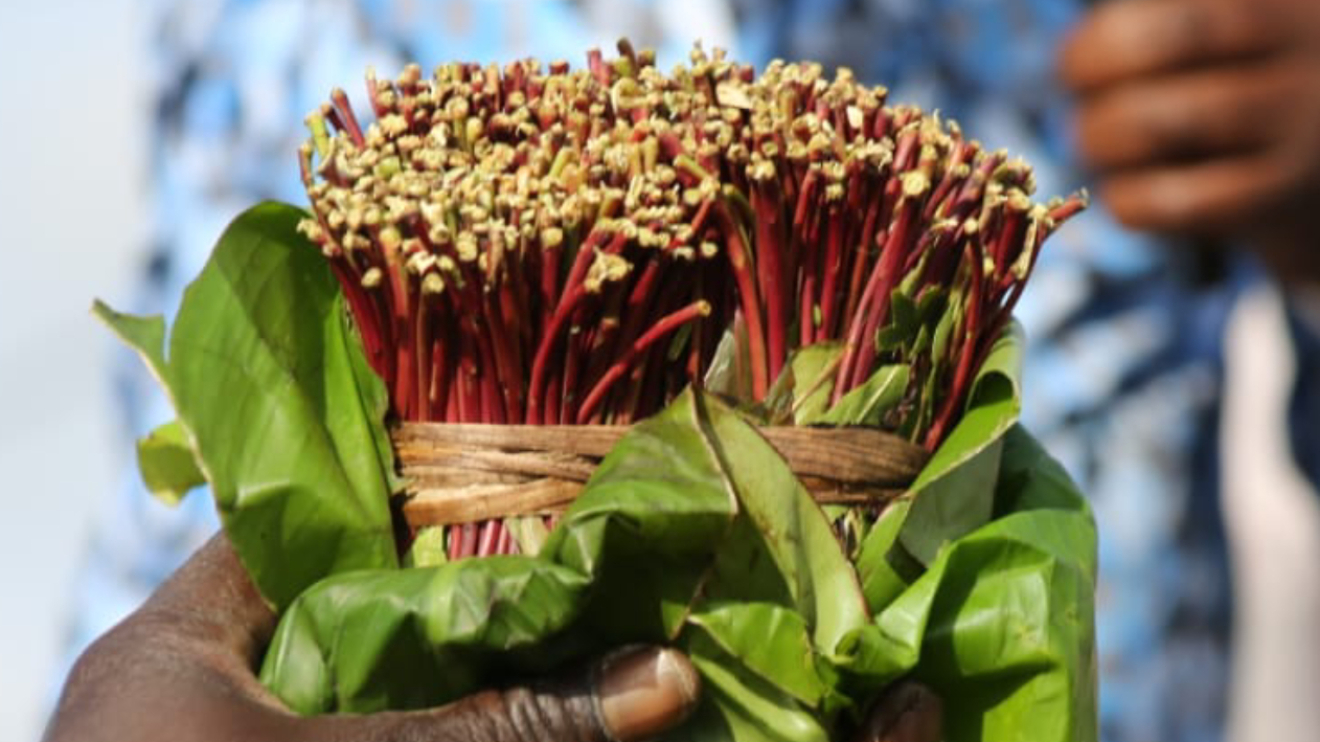Vivo Energy’s Kenyan operations recorded a significant decline in revenues, falling by Sh10.8 billion in the year ended December 2024.
The oil retailer, which markets Shell-branded fuels and lubricants, reported Sh190.3 billion in revenue, down from Sh243.8 billion in 2023.
This marks the second consecutive year of decreasing income, reflecting weakening fuel sales in the country.
The decline follows a previous drop from Sh220.8 billion in 2022, signalling a continuing challenge amid stiff competition and flat fuel demand.
Market data reveals Vivo Energy’s share slid to 21.34 per cent by the end of 2024, from 22.07 per cent the year before, as competitors such as Rubis and locally owned stations expanded their presence.
Rubis increased its market share to 15.96 per cent from 14.05 per cent, while local players rose to 14.98 per cent from 12.22 per cent in 2023.
Despite an overall rise in fuel consumption—7.3 per cent growth to 2.9 billion litres in the six months to December 2024 compared to 2.71 billion litres previously—Vivo Energy’s revenues still shrank.
This suggests that while demand increased, intensified competition eroded the firm’s dominance.
Vivo Energy attributed the falling revenues across its markets to multiple factors, notably higher fuel prices and a shift by commercial clients towards alternative energy sources.
The company’s disclosures noted, “Policies or technology shifts that result in an increased share of electric vehicles and hybrids in the passenger transport mix, alternative fuel uptake, improvements in internal combustion engine efficiency or reduced consumer demand for fuels.”
This echoes the broader challenge facing oil companies as Kenya and global markets gradually transition to cleaner energy, with electric and gas-powered vehicles gaining traction.
Currency fluctuations also played a role in the revenue dynamics. The Kenyan shilling strengthened substantially against the US dollar last year, which, coupled with increased fuel sales, generally favoured higher revenues.
This was a reversal from 2023, when oil companies suffered due to a depreciating shilling that increased local currency requirements to meet dollar- and euro-denominated reporting standards.
Kenya remains Vivo Energy’s third-largest market in Africa, after Morocco and South Africa.
The country contributed 8.9 per cent to the company’s total African revenues, which rose 49 per cent continent-wide to approximately Sh2.2 trillion in 2024, up from Sh1.45 trillion the previous year.
However, Kenya was the sole market in Africa where Vivo Energy’s revenues declined.
Vivo Energy operates in 28 African countries, boasting around 4,000 retail fuel stations by the end of 2024.
The firm’s experience in Kenya illustrates the pressures facing traditional fuel retailers amid shifting consumer preferences and a competitive landscape increasingly fragmented by alternative energy options.









